Two of our main goals at the Gendler Grapevine Project are to support initiatives that are both lasting and replicable. As a sunset project, requirements for our grantees include showing how their project can continue beyond our formal funding period and how it can be repeated by other organizations. Louisville-based New Roots Inc. is one of our grantees that has achieved these goals.
Inspired by the vision outlined in Gendler Grapevine Project’s 2015 request for proposals, New Roots, Inc. approached leadership at Congregation Adath Jeshurun (Congregation AJ) and Living Faith Christian Ministries and Pleasant View Baptist Church to see if they would be interested in participating in an interfaith project with the goal of connecting church members and others in this underinvested community to Kentucky famers in order to access affordable, organic, locally grown fresh fruits and vegetables. This would address various issues, including food insecurity, social justice, and African American/Jewish community relations. Through this Gendler Grapevine Project grant, the Parkland Neighborhood Fresh Stop Market was created, run by, and sustained by members of the Pleasant View Baptist Church and Congregation AJ along side the residents of the Parkland Neighborhood.
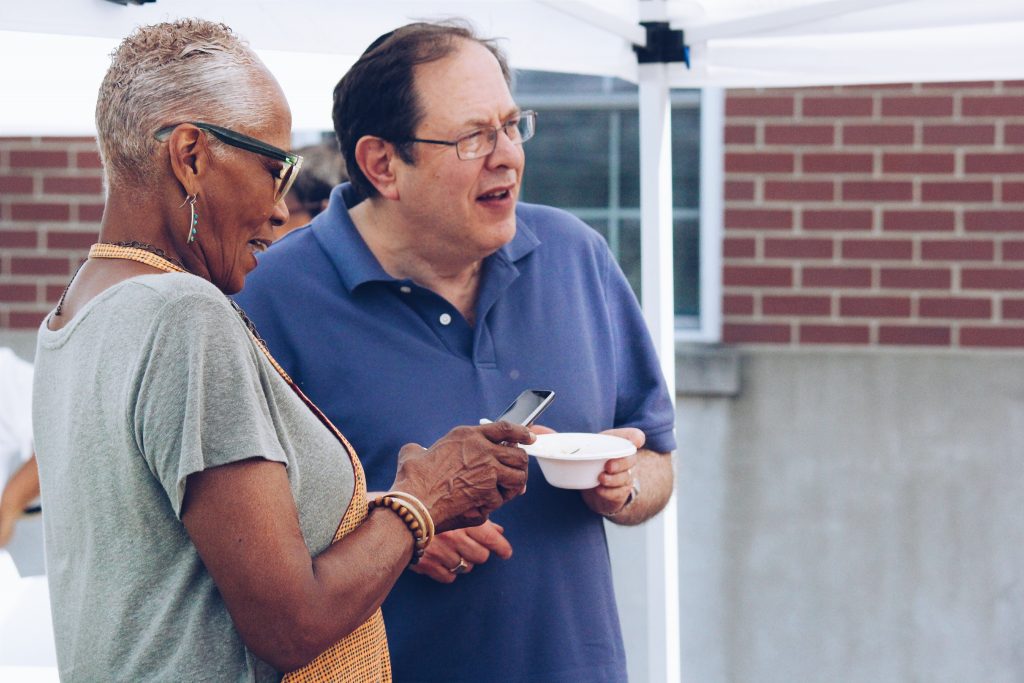
Congregation AJ’s Rabbi Slosberg and a Parkland Fresh Stop Market leader enjoy a conversation at a pop-up market.
The Fresh Stop Market is a unique and special model, where leaders from a community, which does not have a source for fresh fruits and vegetables, come together to make decisions and own the processes of ordering food, recruiting shareholders, etc. A few days before each biweekly pop-up Market, people pool their cash and SNAP Benefits (Food Stamps) on a sliding scale, and with this buying power, are able to negotiate wholesale prices from local farmers who would otherwise be unwilling to set up a Market. By paying for the food in advance and promising farmers a market, the risk is eliminated and the food starts flowing into the neighborhood. As we’ve reported before, the success of the Parkland Fresh Stop Market was the result of the organizations embracing the idea that fresh food is a basic human right, being moved by the power of this mitzvah, and being active and enthusiastic participants.
Formal funding for this particular initiative ended in the late spring of 2016; however, it has been so successful that Congregation AJ is opting to continue it on their own. In fact, the Parkland Fresh Stop Market has become one of New Roots’ most successful markets in Louisville with over 150 shareholders. In taking over the project on their own, Congregation AJ has committed to purchasing ten “shares” for every biweekly Market and stepping up to lead and volunteer to help others with both the behind the scenes work, such as calling to remind other shareholders to order, and being at the church the day of the event alongside of church and community members to count produce, check in shareholders, etc. By doing this, nearly 500 people will be able to consume healthy fruit and vegetables.
Another exciting development is that this initiative has been replicated by another Louisville synagogue. Keneseth Israel Congregation (KI) was inspired by the success realized by the 2015 project. Working with New Roots, KI will be participating in the Shawnee Presbyterian Fresh Stop Market. They have committed to purchasing at least 30 shares by the end of the growing season. Due to the Market’s sliding scale, these higher income shareholders put more money in the communal “pot” so that everyone can afford shares, even those with extremely limited resources. KI members will also be volunteering time at the Market alongside the other volunteer leaders, Shawnee Presbyterian, and the surrounding community.
Fresh Stop Markets are “pop up” farm-fresh food markets set up at local churches, community centers, and in housing projects in fresh food insecure neighborhoods. The food has been paid for in advance so that farmers don’t face the same degree of risk as they do with a standard farmers’ market.
The success of this initiative is a perfect translation of the Gendler Grapevine Project’s vision into action.

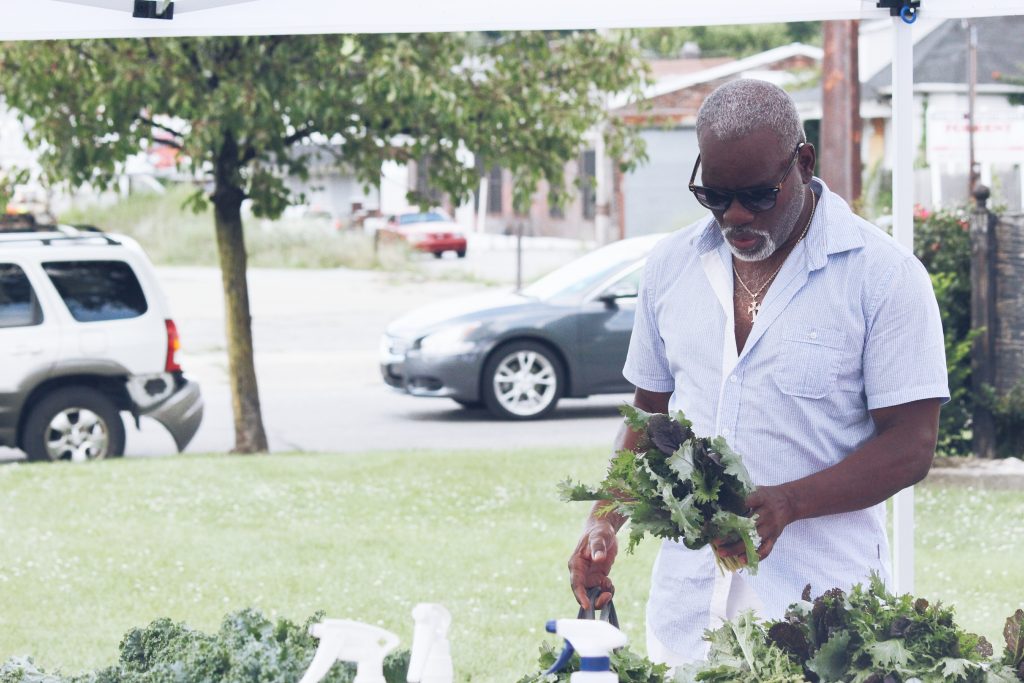
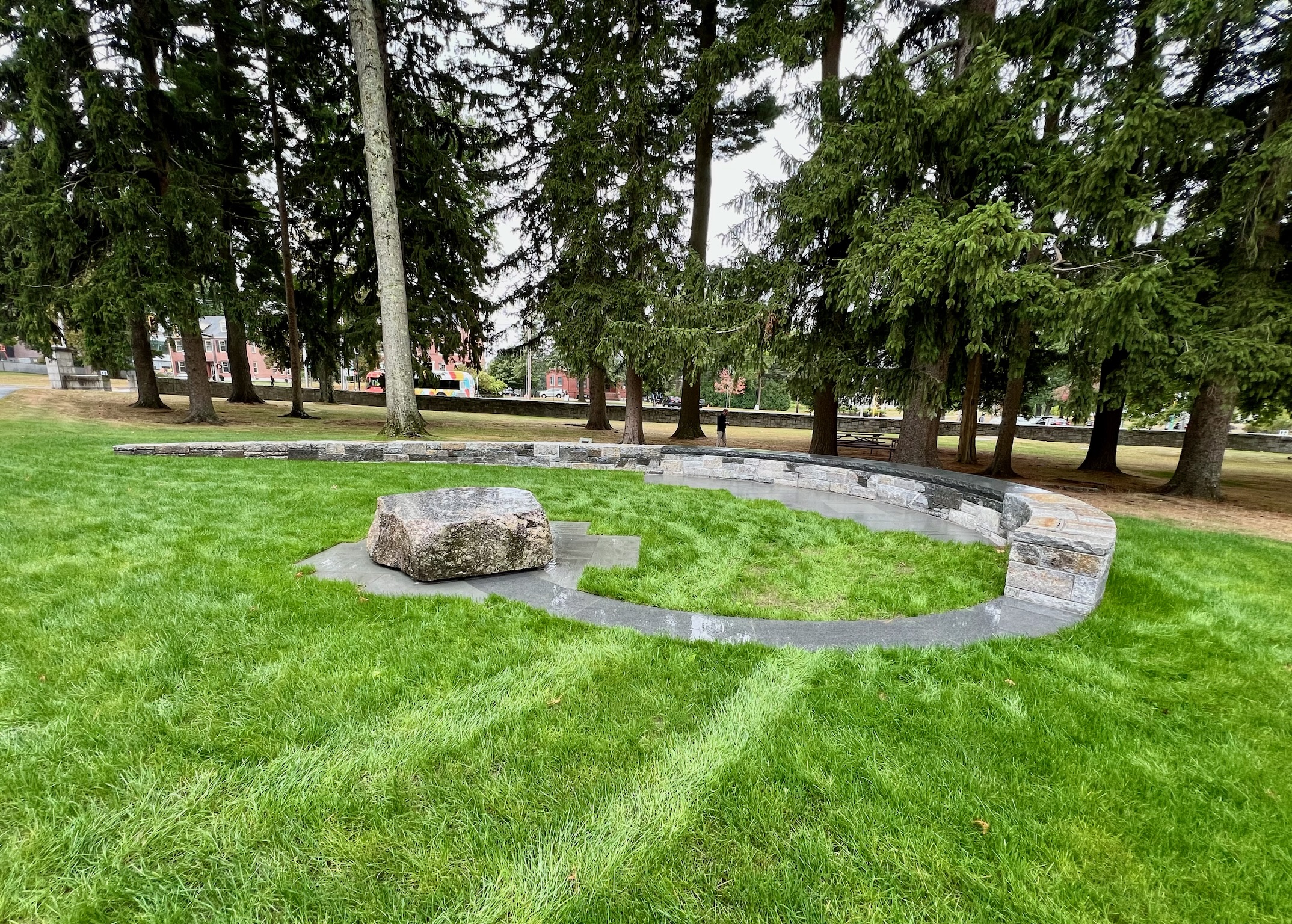
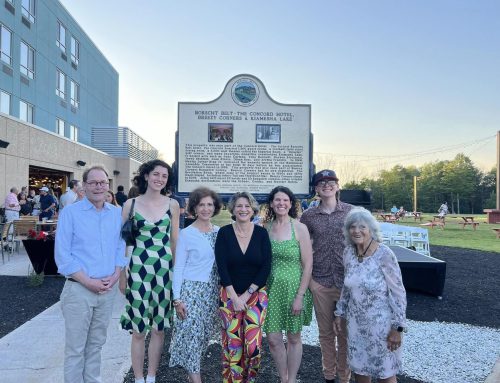
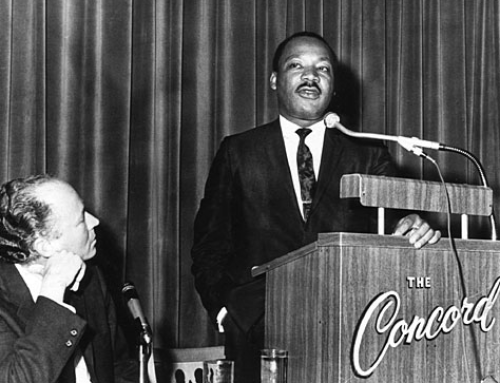
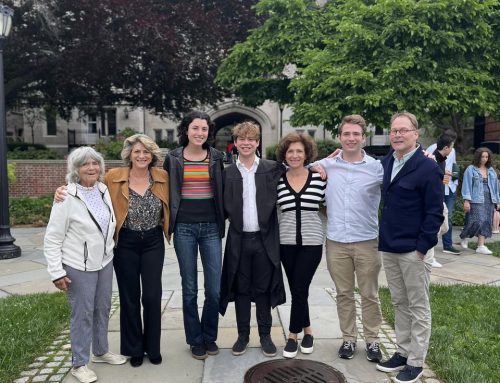
Leave A Comment